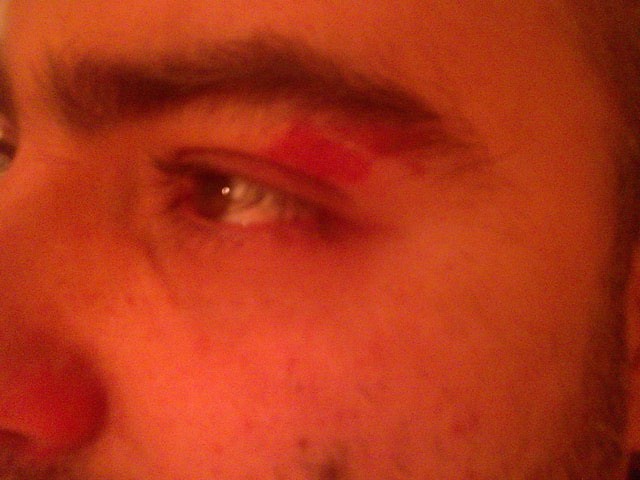Tell Your Story the Good and the Bad
Post on: 16 Март, 2015 No Comment

This is a guest post by Geoff Talbot. He is a filmmaker, blogger, and dreamer. Geoff blogs at Seven Sentences. He is also active on Twitter and Facebook. If you want to guest post on this blog, check out the guidelines here.
U sing social networking to promote our ideas or to sell a product or a vision can be a dangerous thing. It is so easy to fall into the whales mouth and exaggerate, inflate, or cover over the broken image of who we really are. In our eagerness to impress and sell, we can easily stumble and fall.
Photo courtesy of iStockphoto.com/DNY59
While projecting a too-good-to-be-true image may produce short-terms gains, it results in long-term disappointment. Eventually we cant hide the truth of who we are. There is too much information already out there. The truth is that most of these people are just like you and me.
There is only one thing for us to do: We must simply tell our story, both the good and the bad.
Yes, the truth will find us out, but it will also set us free.
There are huge advantages to telling your story, whether it be via a blog, a tweet, or Facebook. It can be the story of your company (a group of people ), the story of the your product (what people created), or the story of your life. In the end, people want to hear stories about other people just like them.
There are three reasons why:
- People long for connection. When you tell a human story, it resonates.
- People invest in other people, not in inanimate objects.
- People may not be able to smell that something is too good to be true, but when they put in their mouths and chew on it, they wont like the taste. Human storiesespecially those of failurecreate loyalty .

We all have a natural tendency to show our best side and to hide our flaws. But it is those moments in life when we are caught off-guardwhen we make a mistake or when we have to apologizethat really engage other people.
This is why we must not hide the bad parts of our story from those who have chosen to follow and support us. Friendship, after all, is about sharing.
For this reason, I would encourage you to:
- Tweet about your accidents and mistakes. You dont have to over-do it, but show your humanity.
- Blog about your disappointments and failures. These include the things you learned, the things you wished you had known before you started a project, or that relationship that ended in failure. You can do this without dishonoring anyone.
- Ask for help. Reach out for ideas, solutions, and moral support. Engage your social media audience on a level playing field. When they know you are sincere, 99.9% of people will do anything to help.
In conclusion, consider these questions: What stories that you are afraid to tell? What are you holding onto with a clenched fist that prevents you from reaching out and receiving with an open hand?Like my acting teacher used to say, The truth will set you free, but first it will really hack you off!
Question: How could your stories of failure help someone else? You can leave a comment by clicking here .
Like this Post?
Sign up for my blog updates and never miss a post. Ill send you a FREE eBook as a thank-you.














